Michigan Cannabis Industry Eyes Relief from 280E Tax with Proposed DEA Rescheduling
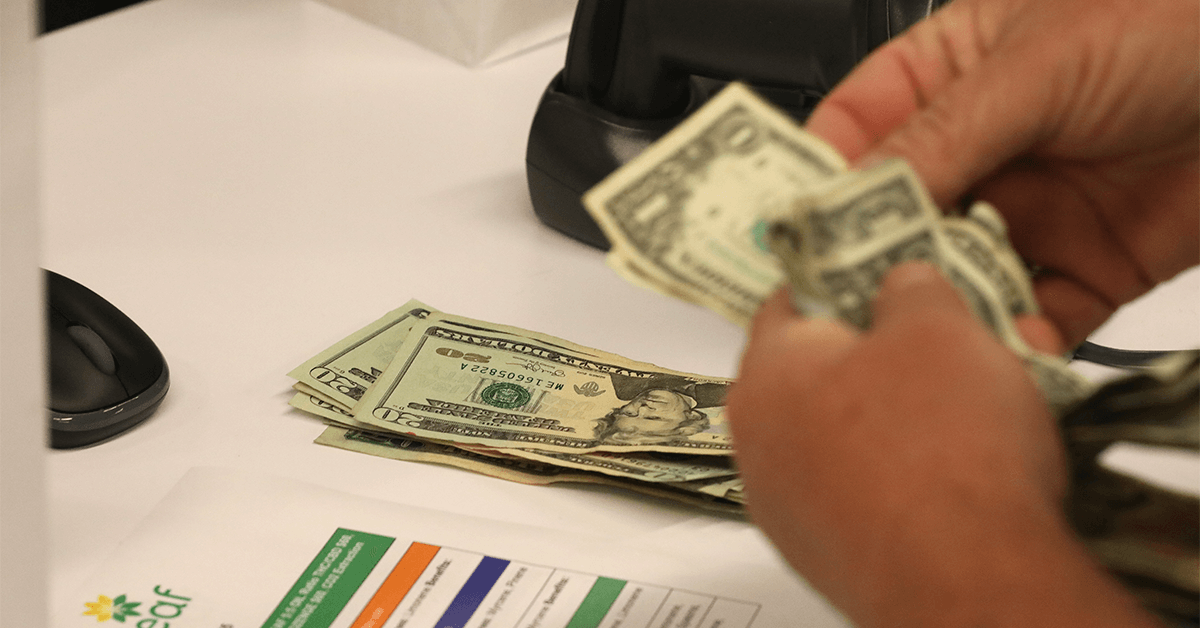
The cannabis industry in Michigan could experience significant financial relief if the federal government proceeds with a proposed reclassification of cannabis as a less hazardous substance. Currently classified as a Schedule I drug, alongside substances like heroin and LSD, cannabis might soon be shifted to Schedule III, which is subject to less stringent regulations.
Raul Molina, the Chief Operations Officer at Mint Cannabis, highlighted that nearly 40% of industry profits are consumed by the so-called 280E tax, a burden that could be alleviated by the reclassification. The 280E tax, only applicable to Schedule I and II substances, severely limits the deductions businesses can claim, essentially taxing gross income rather than net.
"Rescheduling cannabis would be an incredible advancement, greatly benefiting the industry," Molina stated. He pointed out that the change would not only reduce taxes but also allow businesses to claim deductions common in other industries, such as rent and utilities, which are currently disallowed under the 280E tax provisions.
The economic impact in Michigan could be particularly notable. According to Molina, despite high demand for cannabis in Michigan, profit margins remain tight due to an oversupply. "The removal of the 280E tax wouldn't likely lead to higher prices for consumers but would enhance profit margins for producers," he explained.
The proposal for reclassification by the Drug Enforcement Administration (DEA) is currently under review by the White House Office of Management and Budget. It must also undergo a public comment period and a review by an administrative judge, indicating that any changes could still be some time away.
This potential shift could mean significant operational savings for cannabis businesses and, consequently, lower costs for consumers in Michigan, fostering a more robust and financially sustainable industry.
Alarm Over Cannabis Edibles Marketed Like Candy: Detroit Schools Seek Intervention
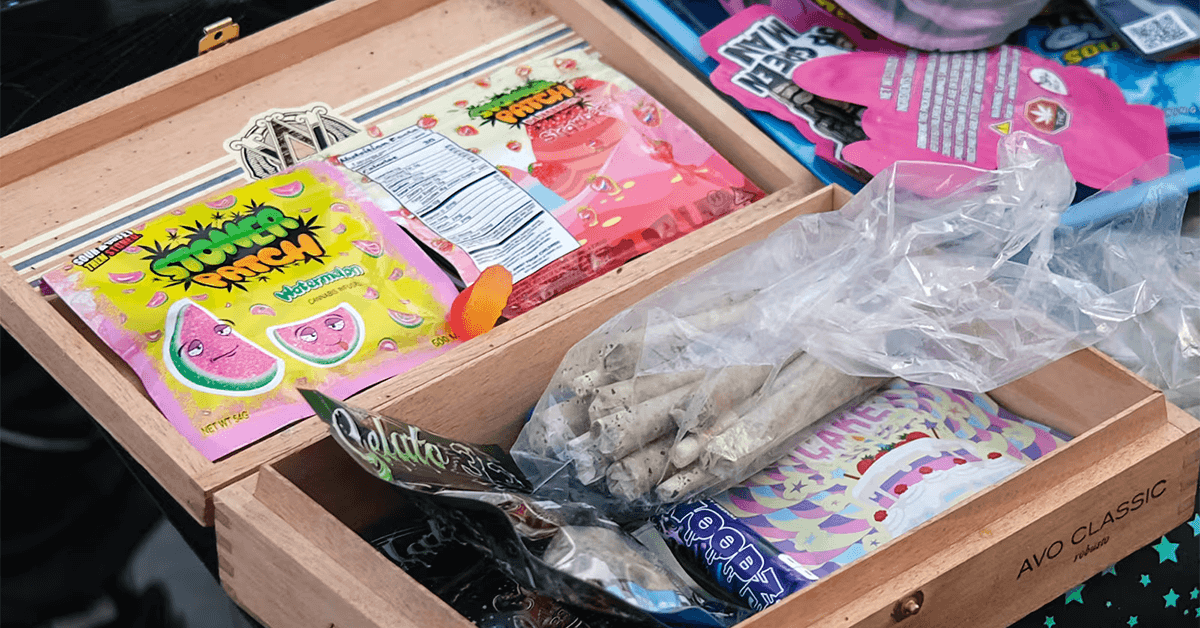
Detroit school district leaders are voicing their concerns about a troubling trend: the increasing use of cannabis edibles and vape pens among students. In a letter addressed to state lawmakers, Detroit Public Schools Community District Superintendent Nikolai Vitti and school board members highlighted the urgent need for legislative action to combat this issue.
The letter revealed startling statistics that show a significant rise in drug-related incidents within the schools. From the 2019-20 to the 2020-21 school years, the district recorded 289 drug-related incidents. This number dramatically increased to 1,735 incidents between the 2021-22 and the 2022-23 school years, with 745 infractions reported just this school year.
Vitti and the board members are particularly concerned about the accessibility and appeal of cannabis products to students, noting that some edibles are packaged to closely mimic popular candy brands, making them nearly indistinguishable from non-cannabis products. This resemblance not only misleads students but also simplifies the distribution of these products within schools. An accompanying image in the letter shows edibles packaged similarly to well-known candies like Skittles and Starburst.

The leaders are calling for several specific safety measures:
- Mandatory clear labeling on edibles to distinctly indicate the presence of cannabis.
- A ban on packaging that mimics the appearance of non-cannabis candy.
- Allocation of funds for schools to acquire detection systems for vape pens and cannabis, with the funding sourced from cannabis sales and taxes.
- The launch of a public awareness campaign financed by cannabis legalization revenues to educate the community about the importance of securing edibles away from children and the potential risks children face when they have access to these products.
Additionally, Attorney and DPSCD parent Marcia Spivey shared her concerns, emphasizing the need for better coordination between city leaders and school officials, particularly regarding the impact of local cannabis legislation on families and students.
The district's plea underscores a growing concern in educational environments about the implications of cannabis legalization and the necessity for targeted legislative responses to protect students and ensure the safety of school environments.
The Future of Cannabis in Michigan: From Federal Rescheduling to State Reforms
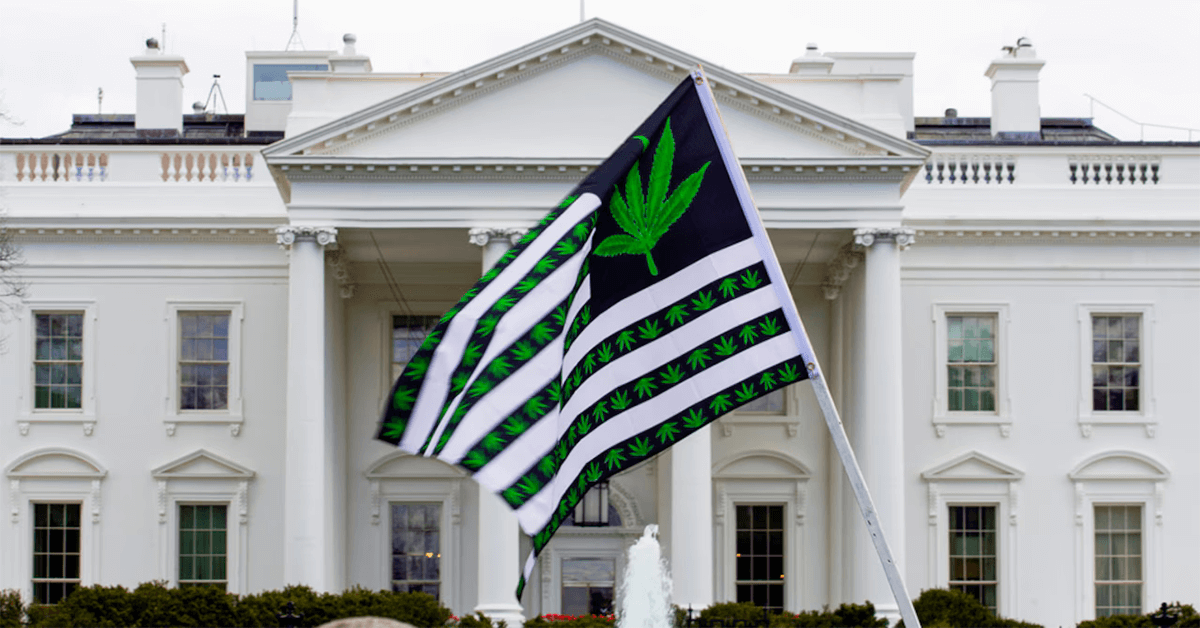
For many years, the federal regulation of marijuana has directly contradicted the preferences of a significant portion of American voters, including a majority in Michigan since 2008. Now, a groundbreaking shift is on the horizon. According to reports from the AP, which cite five anonymous sources, the Drug Enforcement Administration (DEA) is set to propose a major change in the classification of marijuana, potentially reshaping its legal status in the United States.
Ric Flair and Goldkine Team Up to Launch New Cannabis Line in Michigan

Wrestling icon Ric Flair is making a striking entrance into Michigan's cannabis market through a partnership with local brand Goldkine. The collaboration introduces Flair's "Ric Flair Drip" brand to the state, aiming to merge his flamboyant persona with Goldkine's reputation for quality cannabis offerings.
The initial product rollout features a diverse selection, including premium cannabis flower and infused pre-rolls, tailored to meet various consumer preferences. These products will be available from May 3rd at dispensaries across Michigan such as Puff, Consume, Exclusive, and Joyology. Plans to expand the lineup later in the year include the introduction of edibles.
Ric Flair shared his excitement about the venture, emphasizing the brand's ethos: "Wooooo! Ric Flair Drip Cannabis is about bringing flair to every moment. It's not just about the product, it's about the experience, the style, and living life to the fullest. Michigan, get ready to drip with the Nature Boy!"
Goldkine's co-founder, Jimmy Smith, expressed enthusiasm for this partnership, highlighting it as a testament to their commitment to quality and innovation in the cannabis industry. "This collaboration reflects our dedication to providing the highest quality cannabis products and creating unique experiences for our customers. We believe this partnership will set a new standard in the industry," said Smith.
Carma HoldCo, a significant entity in the Michigan cannabis sector and home to premium brands like TYSON 2.0 and Evol by Future, is also playing a crucial role in this launch. By introducing Ric Flair Drip to Michigan through their partnership with Goldkine, Carma aims to enrich the state's cannabis market.
Adam Wilks, Chairman and CEO of Carma HoldCo, commented on the expansion: "We are proud to be a part of this exciting venture, bringing the Ric Flair Drip cannabis brand to Michigan. This expansion represents Carma's commitment to providing our customers with diverse and high-quality options. We look forward to the positive impact this collaboration will have on Michigan's cannabis landscape."
Health Concerns Mount as Delta-8-THC Gains Popularity Among Teens
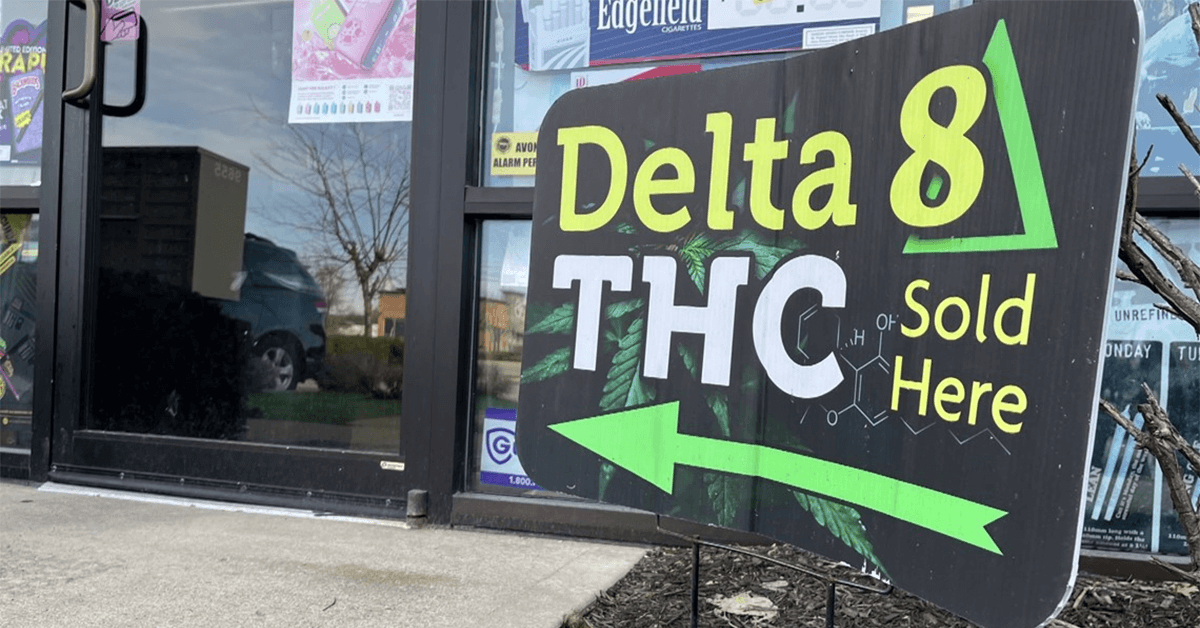
Approximately one-third of high school seniors in the United States have used cannabis in the past year, according to recent findings from the Monitor the Future study conducted by the University of Michigan. This annual survey provides insight into the substance use trends among American teens, drawing on data collected from 22,318 students at 235 public and private schools nationwide from February to June 2023.
In addition to traditional cannabis use, the study revealed that about 11% of 12th graders have experimented with delta-8-THC, a psychoactive compound derived from hemp and known for producing a milder, euphoric high compared to delta-9-THC found in cannabis. Despite its legal ambiguity and availability in child-friendly forms such as gummies and chocolates, delta-8-THC is legally accessible in 22 states plus Washington, D.C., often with minimal regulatory oversight.
The widespread legal status of delta-8-THC can be attributed to the 2018 Farm Bill, which excluded hemp from the federal list of controlled substances, inadvertently making derivatives like delta-8-THC widely available, even to minors in some states. This availability has raised concerns among health experts about the potential risks associated with its use, especially among teens.
Nora Volkow, Director of the National Institute on Drug Abuse, emphasized the significant number of adolescents using delta-8-THC and expressed concerns about the lack of research on its effects. "The accessibility of such substances to teens is alarmingly high. We need to educate young people about the risks and ensure that those who need help can access treatment for cannabis use disorders and other mental health issues," Volkow stated.
The study also highlighted the changing perceptions and increased potency of cannabis products. Ryan Sultan, assistant professor of clinical psychiatry at Columbia University, noted the need for a nuanced understanding of cannabis's effects. He pointed out that while cannabis is not the dangerous "reefer madness" substance once feared, it is also not a harmless cure-all. Sultan's research indicates that adolescents using cannabis are significantly more likely to suffer from major depression, suicidal thoughts, and other negative outcomes compared to their non-using peers.
Furthermore, the use of cannabis among young adults aged 19 to 30 has reached new heights, with a notable rise in cannabis vaping, which poses distinct health risks and increases the ease of use in discreet environments like schools.
This comprehensive data underscores the importance of continued research into cannabis and its derivatives, informed public health policies, and targeted educational efforts to address the complexities of cannabis use among America's youth.
From Taboo to Mainstream: One Resident's Experience with Legal Cannabis in Michigan
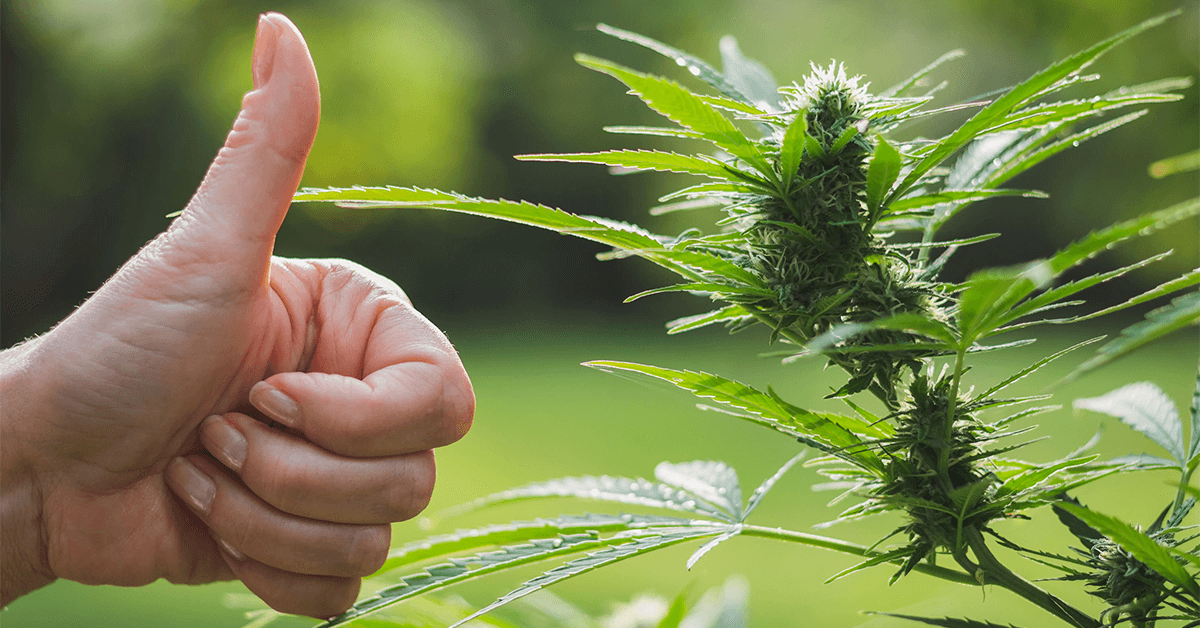
Welcome to our guest post section, where we invite members of our community to share their personal stories and perspectives on various topics. Today, we feature a piece from a local resident who explores their firsthand experiences with Michigan's legal cannabis landscape. This narrative not only recounts personal experiences and shifts in perception but also delves into the broader implications of cannabis legalization in our community, particularly focusing on the recent debates in Bad Axe. We hope this piece offers valuable insights and fosters understanding of the ongoing discussions surrounding cannabis in Michigan.
In early 2020, Michigan embarked on a new chapter as recreational cannabis sales became legal, marking a significant shift in the state's approach to cannabis. My own journey into this new legal landscape began somewhat unexpectedly, accompanying a friend to a dispensary in Bay City. This excursion was driven primarily by curiosity, a sentiment perhaps shared by many of my generation—Generation X—for whom cannabis had always been something of a forbidden fruit.


 Helpful Links
Helpful Links